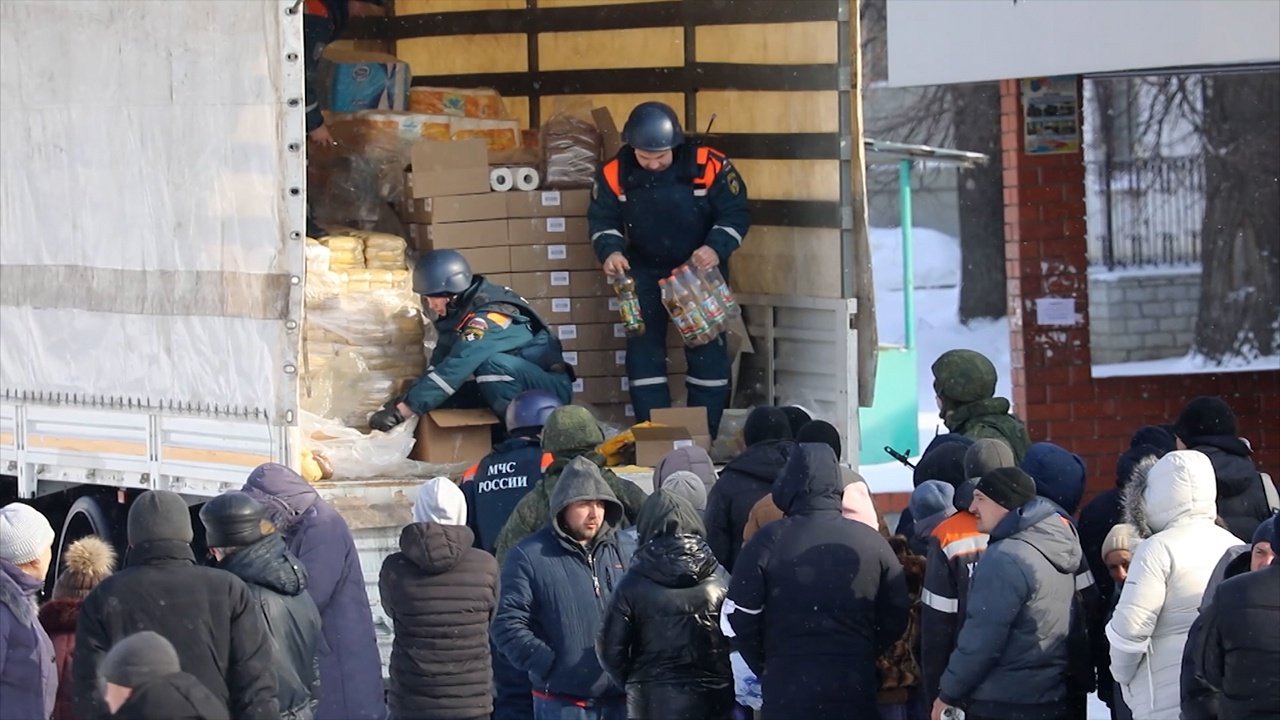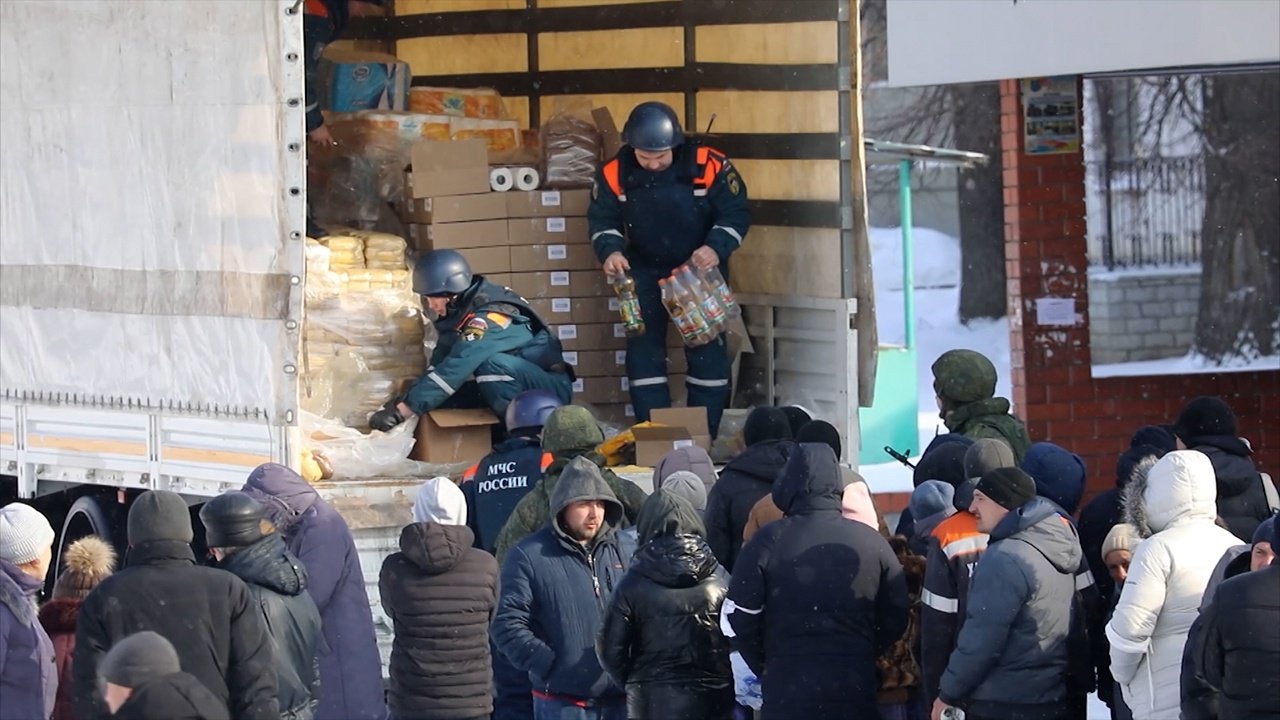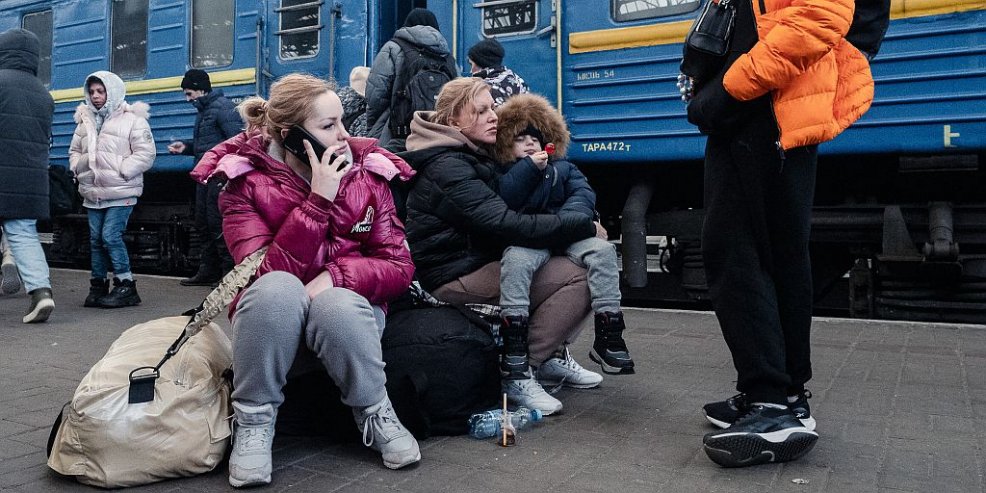Israel Lebanon conflict is taking ugly turn with daily “War Mongering Hateful” ranting of Hezbollah Chief Nasrallah worsening the situation.

Hezbollah chief Hassan Nasrallah on Monday evening said his Iran-backed terror group would begin targeting Israeli drones flying in Lebanese airspace, and announced there were “no more red lines” in the fight against Israel, a day after brief but intense cross-border clashes. If attacked again, he said, Hezbollah would strike “deep inside” Israel.
Hezbollah’s precision missile program is the State of Israel’s top priority, just after working to prevent Iran from obtaining a nuclear capability, a top defense official said on Monday.
The official spoke a day after Hezbollah and Israel exchanged blows along the Lebanese border in an attempt by the Iranian-backed guerrilla organization to exact a price from Israel for the bombing of a terror cell in Syria late in August. While no IDF troops were injured, Israel fired over a hundred artillery shells toward targets in south Lebanon in response to the attack and airlifted two uninjured soldiers to Rambam hospital in Haifa.

“We can’t hide injured troops in Israel for half an hour,” he said, disputing claims in Lebanon that troops had been injured in the attack.
According to the official, Israel has been operating against Iran in several arenas.
“Had we had not acted correctly we would be in a different reality today,” he said.
As per a source, “Hezbollah has embedded its military infrastructure in the civilian population to maximize civilian casualties when Israel retaliates in self-defense.
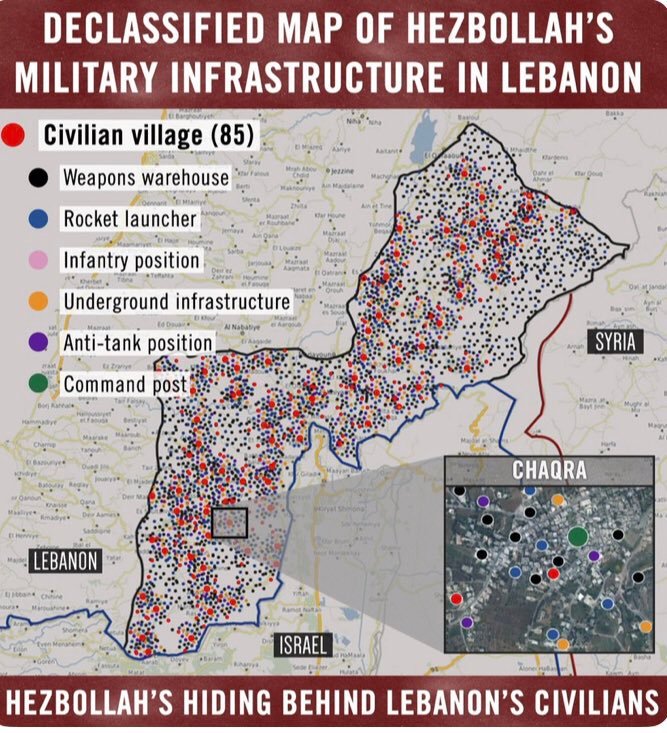
“Homes turned into weapons stockpiles. Hospitals into bomb factories. Schools compromised by terror tunnels. Innocent men, women, children used as cannon fodder for “resistance” against Israel. People consider Hezbollah as war criminals & terrorists.”
As per some people, Hezbollah has no respect for human life—whether Muslim, Christian or Jewish. Its rockets, bombs and rifles are placed under Lebanese schools and hospitals, and the group unapologetically threatens to direct its significant firepower at Israeli cities
As per another source, “None of the Israeli operations conducted against Hezbollah assets — whether in Syria or Beirut, would be occurring if Israel hadn’t already neutralized the Hezbollah tunnels crossing into Israel months ago. Kudos to Netanyahu for preparing accordingly.”
Hezbollah has been designated a terrorist organization, either wholly or in part, by the United States and other nations, as well as by the European Union.
Prime Minister and Defense Minister Benjamin Netanyahu said in a video message that Israel acted with determination and responsibility, adding that: “We kept our citizens safe and maintained the peace of our soldiers.”
“The man in the bunker in Beirut knows exactly why he is in the bunker,” he said, referring to Hezbollah leader Hassan Nasrallah.
“We will continue to do everything necessary to keep Israel safe – at sea, on land and in the air – and we will continue to work against the threat of [Hezbollah’s] precision missiles.”
The terrorist group also released a video purportedly showing the strike on an armored personnel carrier in the North. The IDF said the vehicle was spared save for one of its tires, which was hit by the projectile.
Hezbollah said it fired anti-tank missiles at Israel on Sunday and destroyed an Israeli military vehicle across the border, killing and injuring soldiers. The IDF said no Israeli troops were injured by the two or three missiles fired by Hezbollah. Pictures and videos showing injured soldiers being evacuated had been a ploy meant to trick Hezbollah into thinking it had caused casualties, Israel said.
As per an article published in The Jerusalem Post, The top official said that while preventing Iran from obtaining a nuclear bomb remains Israel’s top priority, thwarting Hezbollah’s precision missile project has become the second top objective. Next is preventing Iranian entrenchment in various Middle Eastern countries like Iraq and Yemen.
“Due to developments and situational assessments, it was decided three months ago that the precision missile project would be given high priority because of the immediate danger it poses. The military echelons were informed of this decision,” the senior official said, adding that “we cannot afford to be surrounded by thousands of precision missiles that could land and harm the State of Israel.”
“Our three targets have one address: Iran,” the source continued, adding that Iran’s Quds Force Commander Qassem Soleimani is the address for two of the three threats. He refused to answer how Israel could deal with him.
“To prevent this consolidation by Iran, we are carrying out many operations that nobody knows anything about,” he said, adding that the operations are carried out by the IDF and the Mossad.
“Everything we have done during the last few weeks and days was planned and executed exactly how we wanted,” he said. “Everything is part of our overall strategy that we are managing in several different ways and in several different arenas.”
According to the senior official, Israel had planned and prepared for possible enemy reactions.
On Monday night, Hezbollah leader Hassan Nasrallah called the attack on Avivim a success which was “deliberately” carried out during the day.
“Israel, the tyrant and arrogant, claiming to possess the region’s strongest army, was seen by the world scared and worried for eight days,” he said during a speech.
Hezbollah, he said, broke “the biggest redline for dozens of years” for Israel by targeting it across the border, not in the contested Shebaa Farms area where the group had previously targeted IDF troops.
The attack against Avivim was a message to Israel, Nasrallah warned.
In a televised speech, Nasrallah said, “Enough. The Lebanese have the right to defend themselves, and we will defend. There is now a new operational space [for Hezbollah], and it is Lebanon’s skies. When it comes to dealing with the UAVs, it will happen. I won’t specify when and how, but it will come.”
“We no longer have redlines. This is the start of a new phase. Remember this date.”
In the past, “[Israel] would not tolerate anyone putting a hand on the fence, sending something like a drone back and forth quickly, shooting in the air or throwing a bomb into an open area,” Nasrallah said. “It would respond harshly because for it that was a red line. What happened yesterday is that the resistance broke what has for the past dozens of years been the biggest Israeli red line.
“It is no longer a red line,” he said. “That has ended. There are no more red lines.”
“If you attack us, your borders, soldiers and settlements — including those on the border and those deep inside (Israel) — will be threatened and targeted,” he said.
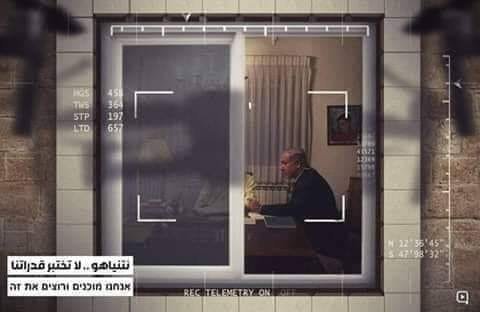
“If there is any aggression against Lebanon, there will be no such thing as international borders.”
The senior Israeli official spoke as a tense quiet returned to northern Israel after Hezbollah fired three Kornet anti-tank missiles at empty IDF vehicles near the community of Avivim along the Lebanese border on Sunday.
Temporary calm returning during this Israel Lebanon Conflict
On both sides of the Lebanon-Israel conflict, life returned to normal on Monday a day after Hezbollah fired anti-tank missiles into the Jewish state, drawing retaliatory fire from Israel.
Schools were open in the Israeli village of Avivim, from which the Lebanese town of Maroun al-Ras is clearly visible on a nearby hill.
As per reports, in southern Lebanon, farmers returned to their fields and the United Nations force tasked with monitoring the border area resumed its patrols.
According to the official, Lebanese Prime Minister Sa’ad Hariri passed a message to Israel via Egypt, France and the United States from Nasrallah to stop the fire.
Israel, he said, replied that “quiet will be answered with quiet.”
The IDF’s Northern Command has been on high alert since last week, expecting a limited strike against military targets over strikes in Syria and an alleged Israeli drone attack in Beirut’s Dahiyeh last week.
While Israel has remained quiet and not claimed carrying out the attack in Beirut, Nasrallah said the Israeli attack “was a failure.”
Chuck Pfarrer with Twitter handle @ChuckPfarrer tweeted, “ISRAEL / LEBANON: As tensions increase, this is a repost of Hezbollah’s WMD programs. Hezbollah is the major power in Lebanon- far more powerful than that of the Lebanese Armed Forces. Hezbollah has the capability to strike Israel with ballistic and cruise missiles.”

What happened on 25 – August? How did present Escalation Start?
Present Israel Lebanon conflict accelerated from on 25-August when 2 Israeli reconnaissance aircraft drones flying over Lebanon fell. The alleged Israeli airstrike came amid heightened tensions on Israel’s northern borders.
It came just hours after Israel struck an Iranian drone team in Syria killing two Hezbollah militants and one Iranian and after two alleged Israeli drones crashed in Lebanon’s capital of Beirut, drawing threats by Hezbollah leader Hassan Nasrallah that the organization would retaliate.
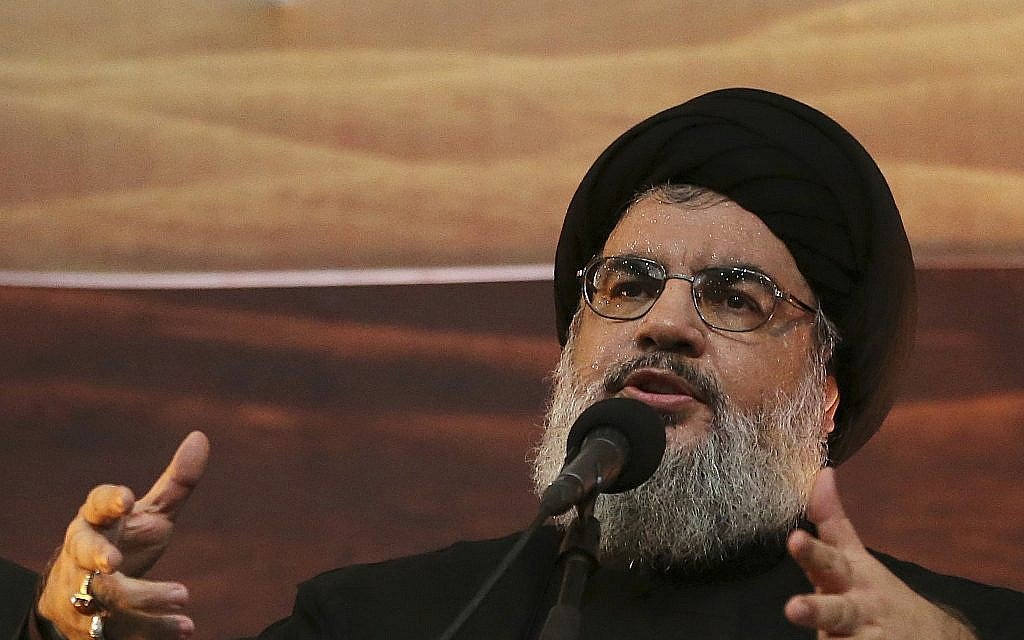
“What happened in Syria and Lebanon last night is very, very dangerous,” Nasrallah said in a speech Sunday night, adding that Prime Minister Benjamin Netanyahu “would be mistaken if he thinks that this issue can go unnoticed.
“The time at which Israeli war jets used to strike targets in Lebanon while the usurping entity in Palestine kept safe has ended,” Nasrallah continued. “From tonight, I tell the Israeli army on the border, wait for our response, which may take place at any time on the border and beyond the border. Be prepared and wait for us.”
According to Nasrallah, the drones which fell in Beirut was “Israeli suicide drone attack” on a target in Beirut’s southern suburbs.
Lebanon’s military said two IDF reconnaissance drones crashed in Beirut early on Saturday morning, and that troops quickly “took the necessary measures” and cordoned off the area.
“Two Israeli enemy reconnaissance aircraft violated Lebanese airspace over the area of the Moawad-Madi neighborhood in the southern suburbs of Beirut,” read a statement by the Lebanese Armed Forces. “The first crashed and the second exploded in the air, causing limited damage.”
But according to Nasrallah, the drones that fell in Beirut were an “Israeli suicide drone attack” on a target in Beirut’s southern suburbs.
“The first drone was a reconnaissance drone and was not carrying explosives, and was trying to transmit accurate footage of a certain target,” he was quoted by Lebanon’s Naharnet as saying. “Young men started hurling rocks at the drone and it was hit by a rock. It is not clear whether it was downed by the rock or by a technical malfunction.”
Lebanese President Michel Aoun blasted Israel for Israel Lebanon conflict on Sunday, calling the “Israeli aggression” on Beirut’s southern suburbs a “blatant attack on Lebanon and the integrity of its territory.” Aoun said that Israel’s “aggression is a threat to regional stability.”
Hezbollah spokesman Muhammad Afif said that one Israeli drone exploded and caused significant damage to the group’s media office in Beirut’s Moawwas district, wounding three people. Another drone was reported to have crashed in the group’s stronghold neighborhood of Dahiyeh shortly afterward, causing no damage.
“There were two drones – the first fell and was neutralized, the second exploded,” Afif was quoted by Hezbollah’s al-Manar news site as saying, adding that the group did not shoot down either of the drones.
“The first unmanned reconnaissance aircraft is now in the custody of the party, which is analyzing the background of its operation and the tasks it tried to carry out,” Afif added.
According to reports, Hezbollah forces and troops from the Lebanese Armed Forces cordoned off the scene immediately after the incident, preventing journalists from reaching the location.
Israel and Hezbollah fought a deadly 33-day war in 2006, which came to an end under UN Security Council Resolution 1701. Israel and Lebanon remain technically at war, and Beirut regularly accuses Israel of violating its airspace with fighter jets and drones.
Hours before the incident in Beirut, the IDF announced that it had foiled an Iranian attack against northern Israel by striking targets in Aqraba south of Damascus.
The IDF said that Iran’s Islamic Revolutionary Guard Corps’ Quds Force was planning to launch several armed quadcopters to attack targets in northern Israel in the coming days.
Netanyahu Warning to Neighboring Countries
Netanyahu meanwhile warned neighboring countries that they would be responsible for any attack targeting Israel from their territory.
“We won’t tolerate attacks on Israel from any country in the area. Any country that allows its territory to be used for attacks against Israel will bear the consequences. I stress: The state will bear the consequences,” he said during a tour of the Golan Heights with IDF Chief of Staff Lt.-Gen. Aviv Kohavi.
Israel’s enemies, especially Iran, should know that those who seek to destroy it risk destruction themselves, Prime Minister Benjamin Netanyahu said on Sunday, amid mounting tensions with Iran and its proxies in Lebanon, Syria and Gaza.
Speaking to students on the first day of school in Elkana, Netanyahu said it is clear today that most of the terrorism Israel faces is organized, sponsored and funded from one place: Iran.
“A new empire has arisen with the goal of defeating us,” he said. “They build proxies in Lebanon in the form of Hezbollah, in Gaza in the form of Hamas and Islamic Jihad. They are trying to entrench themselves in Iraq to turn it into not only a country through which it can transfer arms to Syria and Hezbollah, but also to turn it into a launching pad for rockets and infiltration against us.”
Netanyahu said that Israel is fighting Iran on all these fronts and is determined to prevent it from entrenching itself militarily in the region and from getting nuclear weapons, “which would unequivocally alter the balance.”
In addition, he said, Israel is fighting against terrorism in Judea and Samaria, noting that the Shin Bet (Israel Security Agency) thwarts about 500 attacks a year, or an average of two a day.
Netanyahu said that Israel presence in the West Bank is critical in stopping the attacks. “We are not only engaged in hot pursuit, but we are shaking the leaves all the time,” he said, adding that while unfortunately some attacks are not stopped beforehand – “it is impossible to stop them all” – in the end Israel does find the perpetrators of all attacks.
Israel, Netanyahu said, is dealing with radical Islam. “And this is the main point – you can negotiate with an enemy that has decided to stop being your enemy. They always say, ‘You make peace with your enemies.’ Peace you make with enemies that decided to stop being an enemy. But enemies that continue to fight against you, who say openly that they want to destroy you – there is only one way to deal with them: If someone rises to kill you, rise up and kill him first, and prevent him from getting game-changing weapons.”
Netanyahu said that the last five years have been marked by the lowest number of combined civilian and IDF casualties since the 1967 Six Day War. “This comes as a result of a willingness to fight,” he said. “ We are not eager to fight because we know the price we pay, but when it is necessary, we are not deterred.”
UN Call for Restraint
UN Secretary-General Antonio Guterres’ spokesperson Stephane Dujarric told reporters in New York that the government of Lebanon had sent a letter of complaint on the incident in Beirut and the Bekaa Valley. “This is the time to reiterate our appeal to all concerned to cease violations of Resolution 1701 and to implement all of tis provisions,” Dujarric said.
The UN calls “on the parties to exercise maximum restraint both in action and in rhetoric,” he said adding that the “Middle East region can’t afford any more turmoil.”
2006 Israel–Lebanon conflict
Following an ambush by Hezbollah in Israeli territory that left three soldiers dead and two abducted, the 2006 Lebanon War started. During the war Israeli bombardments seeking Hezbollah targets caused damage in many parts of Beirut, especially the poorer and largely Shiite South Beirut, which is controlled by Hezbollah. On 3 August 2006, Hasan Nasrallah vowed to strike Tel Aviv in retaliation for Israel’s bombardment of Lebanon’s capital. “If you hit Beirut, the Islamic resistance will hit Tel Aviv and is able to do that with God’s help,” Nasrallah said in a televised address. He added that Hezbollah forces were inflicting heavy casualties on Israeli ground troops.
During the conflict, Nasrallah came under intense criticism from Arab countries, including Jordan, Egypt, and Saudi Arabia. Jordan’s King Abdullah II and Egyptian President Hosni Mubarak warned on 14 July of the risk of “the region being dragged into adventurism that does not serve Arab interests,” while the Saudi Foreign Minister Prince Saud Al-Faisal called the Hezbollah attacks “unexpected, inappropriate and irresponsible acts.” He went further, saying, “These acts will pull the whole region back to years ago, and we cannot simply accept them.”
Nasrallah also came under intense criticism from some in Lebanon. Walid Jumblatt, leader of the Progressive Socialist Party of the Republic of Lebanon and the most prominent leader of the Druze community, spoke out quite forcefully: “Great, so he’s a hero. But I’d like to challenge this heroism of his. I have the right to challenge it, because my country is in flames. Besides, we did not agree”. Jumblatt is also quoted as saying: “He is willing to let the Lebanese capital burn while he haggles over terms of surrender”.
Following the war, came what is known as the “Green Flood” (Al-sayl al-akhdhar), according to Iranian-born journalist Amir Taheri. “This refers to the massive amounts of U.S. dollar notes that Hezbollah is distributing among all the citizens that were effected from the war in Beirut and the south. The dollars from Iran are ferried to Beirut via Syria and distributed through networks of militants. Anyone who can prove that his home was damaged in the war receives $12,000, a tidy sum in war-torn Lebanon”.
In a TV interview aired on Lebanon’s New TV station on 27 August 2006, Nasrallah said that he would not have ordered the capture of two Israeli soldiers if he had known it would lead to such a war: “We do not think, even one percent, that the capture led to a war at this time and of this magnitude. I’m convinced and sure that this war was planned and that the capture of these hostages was just their excuse to start their pre-planned war, but if I had known on July 11 … that the operation would lead to such a war, would I do it? I say no, absolutely not”.
FPM signing Memorandum of Understanding with Hezbollah in 2005 : Hezbollah’s Disarmament?
Earlier Aoun returned to Lebanon on 7 May 2005, eleven days after the withdrawal of Syrian troops from the country. In 2006, as head of the Free Patriotic Movement (FPM), he signed a Memorandum of Understanding with Hezbollah, starting a major alliance that has remained ever since.
The FPM signed a memorandum of understanding with Hezbollah organizing their relation and discussing Hezbollah’s disarmament given some conditions. The second and third conditions for disarmament were the return of Lebanese prisoners from Israeli jails and the elaboration of a defense strategy to protect Lebanon from the Israeli threat. The agreement also discussed the importance of having normal diplomatic relations with Syria and the request for information about the Lebanese political prisoners in Syria and the return of all political prisoners and diaspora in Israel. After this event, Aoun and his party became part of the March 8 Alliance.
A pro-government supporter, Hammad describes the coalition between Michel Aoun’s Free Patriotic Movement and Hezbollah as just ‘a marriage of convenience.’
However, in real terms Hezbollah never disarmed and continued to build its arsenal.
Questions raised by people
We spoke with several people on the current Israel-Lebanon conflict. Based on our discussions, several questions were raised by different people. We are mentioning a few here. Today Hezbollah possess precision strike missiles. Can the world afford to leave precision strike missile capability with a Terrorist Organization? How can a Terrorist Organization become more powerful than the “Legitimate Government” of Lebanon? Can the continuous war mongering Cries of a leader of a banned terrorist organization Hassan Nasrallah, push Lebanon into a war? Is Lebanon run by Lebanon Government or by the head of a Terrorist Organization? Should UN not consider disarmament of all Terrorist Organizations including Hezbollah involved in Israel Lebanon conflict?
Follow us at:-
Twitter Handle: @newscomworld
Instagram Handle: @newscomworld
Parler Handle: @newscommuniquecom
Subscribe our : YouTube Channel https://www.youtube.com/channel/UCnKJQ3gFsRVWpvdjnntQoAA
Like our Facebook Page https://m.facebook.com/News-Communiquecom-103788531007438/
696 total views






